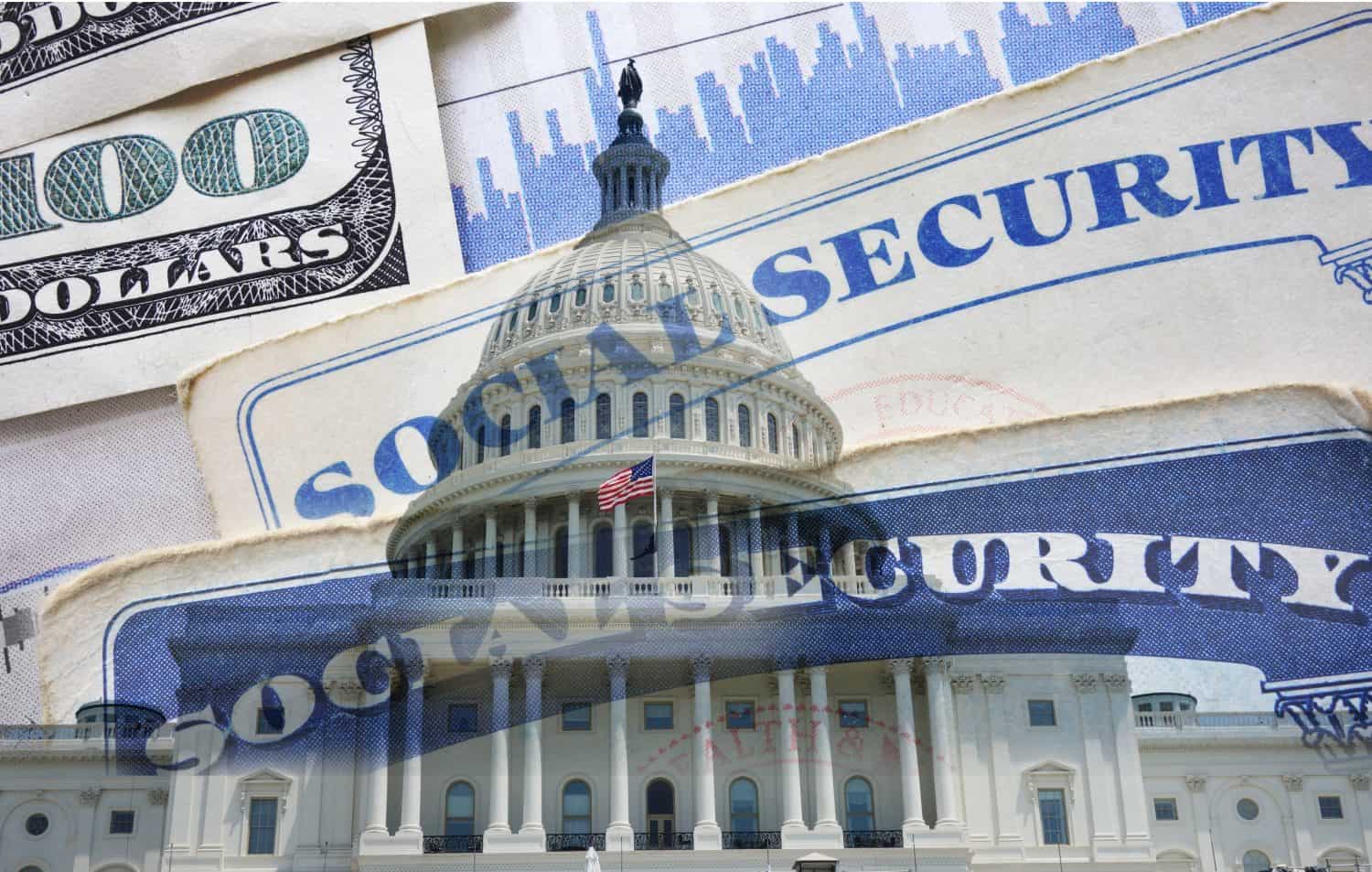
"As it stands today, in September 2025, the Redditor was planning to hold off until they are 70, which would have them start drawing Social Security in 2030. However, they realize that with estimates indicating that in 2034, Social Security benefits could start dropping below 100% payouts, they are concerned that those payouts could be equal to what they would receive if they start pulling money at 67, also known as Full Retirement Age."
"My immediate reaction to this individual and what I would tell them if they were my relative is that you can't make any decisions based on estimates or scenarios that haven't actually taken place yet. Yes, it is believed that without any further action from Congress, in 2034, the Social Security program will be unable to pay 100% of promised benefits."
"Again, according to rumors, if this does take place, the estimate is that Social Security will only be able to pay around 80% of promised benefits based on current tax revenues. If Congress does not act, the current Social Security trust funds will be depleted, leaving only revenue from taxes from workers and employers, which could lead to a 20% cut in revenue."
One retiree planned to delay Social Security claiming until age 70, which would begin benefits in 2030. Estimates project that in 2034 Social Security could face funding shortfalls that reduce benefit payments below 100 percent of scheduled amounts. Projected shortfalls could cut benefits to around 80 percent of promised payouts if Congress does not act. Depleted trust funds would leave only payroll tax revenue from workers and employers to finance benefits, potentially causing an approximate 20 percent reduction. Concern exists that reduced future payouts could make claiming at full retirement age (67) financially similar to waiting until 70. Decision-making should account for uncertainty and changing policy.
Read at 24/7 Wall St.
Unable to calculate read time
Collection
[
|
...
]